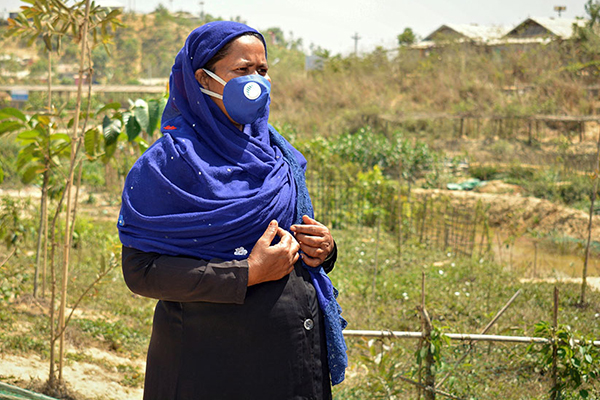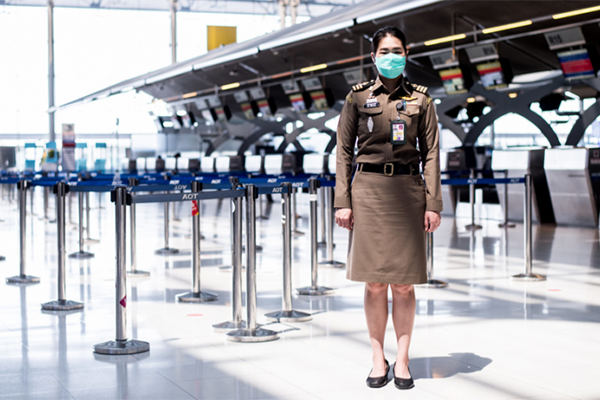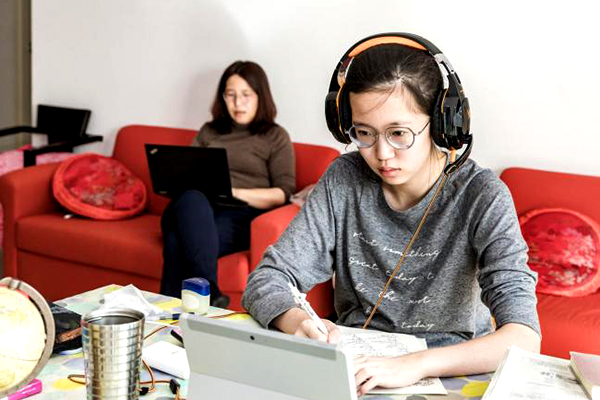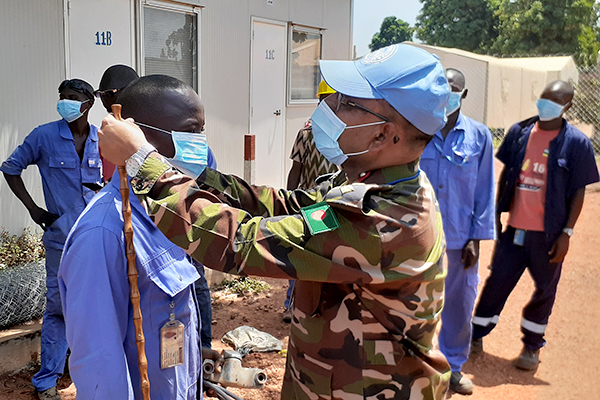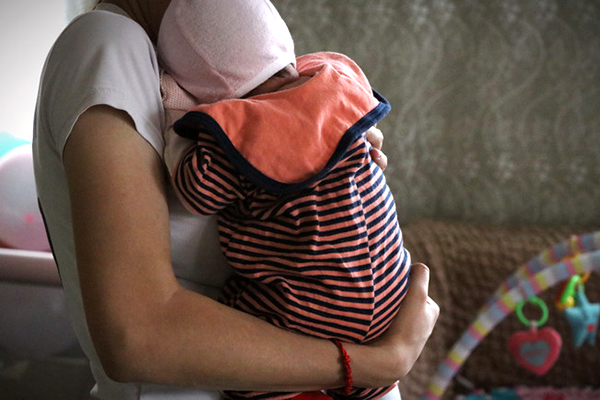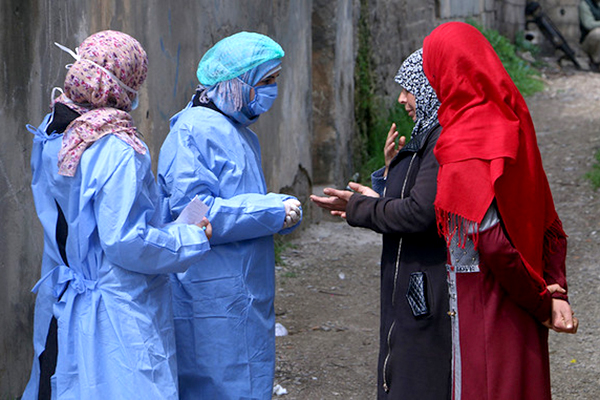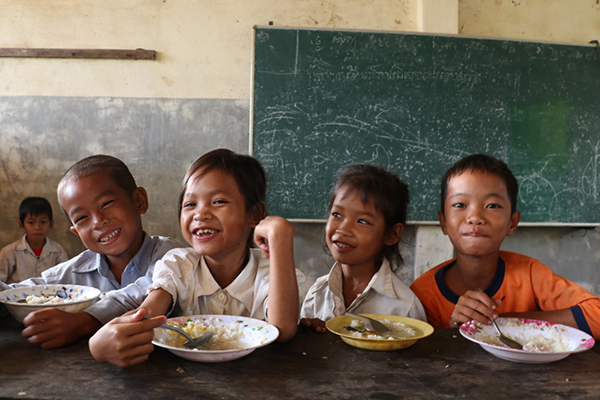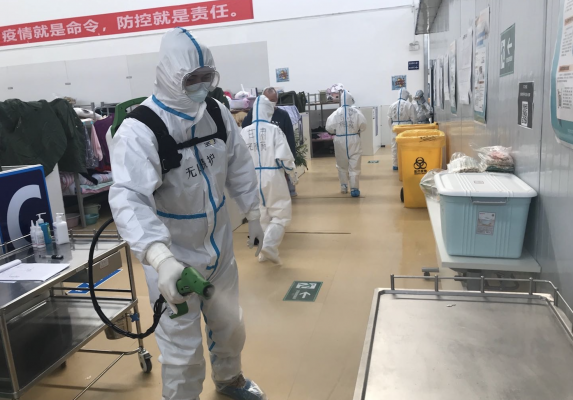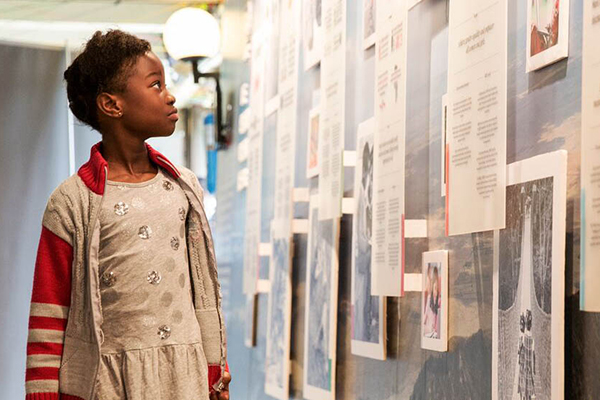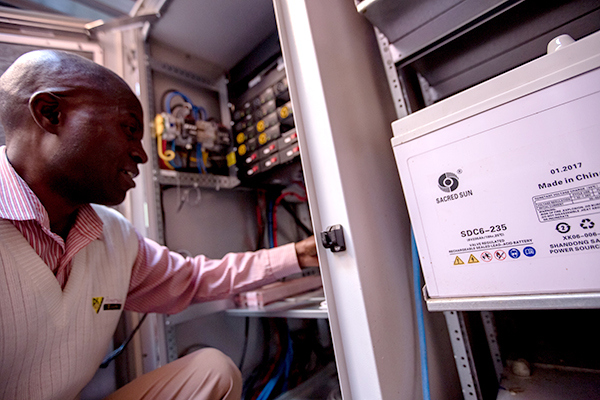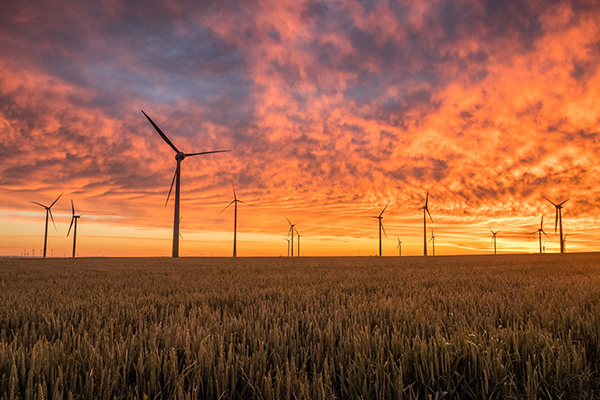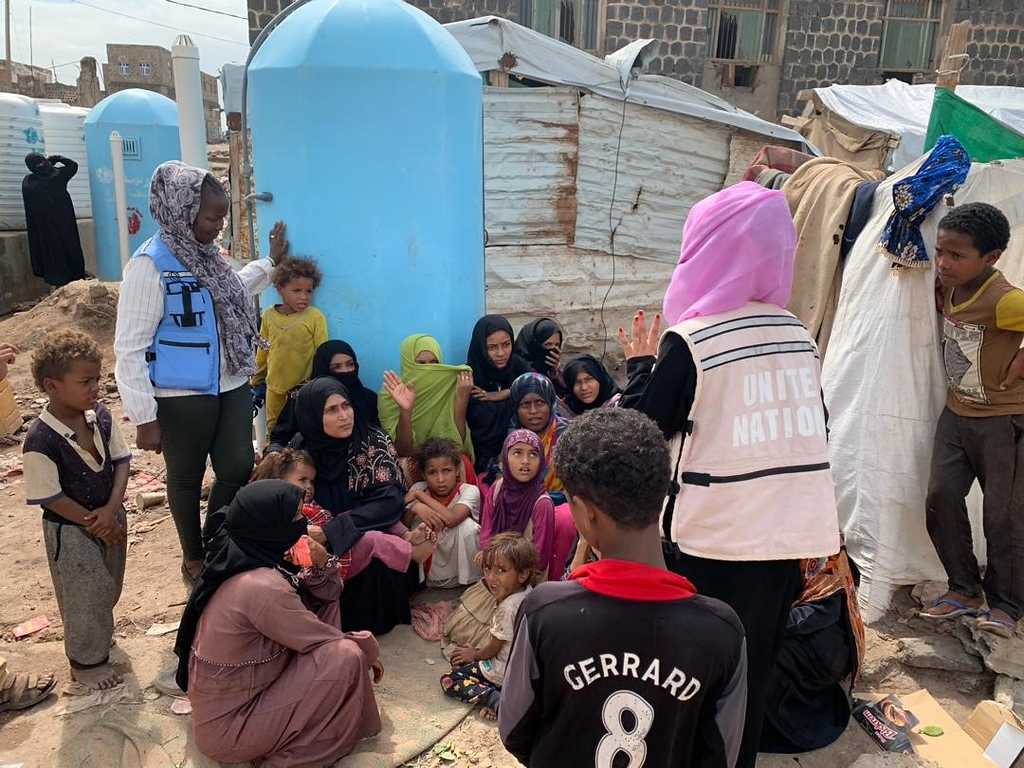Although the spread of the coronavirus has been relatively slow in South and Southeast Asia, the United Nations and its partners are working to save the densely populated and disaster-prone region from the impact of COVID-19, which would bring further human suffering to vulnerable people like the Rohingya refugees. The spread of COVID-19 in the region has been comparatively slow, adopting early and aggressive physical distancing measures. In the coming weeks and months, each State will experience varying levels of transmission, and will need to calibrate its response accordingly.
COVID-19 has disrupted billions of lives and endangered the global economy. The International Monetary Fund (IMF) has announced a global recession, and the International Labour Organization (ILO) expects workers will lose as much as $3.4 trillion in income by the end of 2020. Full or partial lockdown measures are now affecting almost 2.7 billion workers, representing around 81 per cent of the world’s workforce. The United Nations calls for a global response to match the scale of the crisis as countries roll out emergency stimulus packages to support livelihoods.
As COVID-19 continues its march around the world, the United Nations is working to reduce its negative impact on children, who are facing new health risks, disruptions to their education and increased exposure to domestic violence and hunger. Some of the figures best show children’s vulnerability: School shutdowns now affect over 91 per cent of the world’s students; over 117 million children in 37 countries could miss out on life-saving measles vaccines; and 32 per cent of children who show symptoms of pneumonia are not taken to a health care provider.
Despite the restrictions the COVID-19 pandemic has placed on their activities, United Nations peacekeeping missions continue to carry out their mandates while also helping countries in their coronavirus response. UN missions are supporting national authorities in their response to COVID-19, through capacity-building, logistics, awareness-raising, and the distribution of medical equipment, among other initiatives. The missions are also using radio and social media to provide information and counter misinformation about the crisis.
Countries must not forget routine lifesaving immunizations for diseases like measles, while racing to find a vaccine that will save millions of lives and end the COVID-19 pandemic.
For expectant mothers facing the outbreak of COVID-19, fear, anxiety and uncertainty may be clouding the otherwise happy moments of pregnancy. UNICEF asks an expert midwife on how to best protect yourself and your baby. While many expectant mothers are fearful of going to appointments, it is important to find out what options are available from their healthcare professional and in their communities. After the child is born professional guidance and support should continue.
UNFPA reports significant levels of lockdown-related disruption over 6 months could leave 47 million women in low- and middle-income countries unable to use contraceptives, leading to a 7 million additional unintended pregnancies. Other projections include an additional 31 million cases of gender-based violence, an estimated 2 million more cases of FGM over the next decade than would otherwise have occurred, and an estimated 13 million more child marriages over 10 years.
As the COVID-19 crisis pushes up levels of hunger among the global poor, WFP and UNICEF are urging national governments to prevent devastating nutrition and health consequences for the 370 million children missing out on school meals amid school closures. The agencies are working with governments to support children who are out of school during the crisis. In 68 countries, governments and WFP are providing children with take-home rations and other alternatives to school meals.
Many new technologies debuted during the epidemic. New disinfection technology uses a physical-static method to disinfect, which is safe for both humans and the environment.
UNCTAD features resilience during COVID-19. As doors close, others open as heightened concerns over hygiene restricted cash transactions and pushed more business operations online.
UNESCO’s ResiliArt aims to shed light on the far-reaching impact of COVID-19 on the cultural sector. Cultural institutions are fully or partially closed in 160 countries.
An unprecedented coalition launches “Earth School,” providing free, high-quality educational content to help students, parents and teachers who are currently at home.
The economic effects of suspending almost all activity have immediately impacted the world’s commodity markets and are likely to continue to affect them for months to come as countries contend with the health emergency of the COVID-19 pandemic. The World Bank warns the pandemic has the potential to lead to permanent changes in the demand and supply of commodities, and especially to the supply chains that move those commodities from producers to consumers.
If the world has seen a scary future with the emergence of COVID-19, the future of our planet in a 3-4° C scenario takes us to an entirely different level of uncertainty, including in terms of health. UNEP understands that fundamental to a transformational and green recovery will be early action on a longer-term agenda to address climate change, avoid habitat loss and fragmentation, reverse the loss of biodiversity, reduce pollution and improve waste management and infrastructure.
The United Nations works to stop COVID-19 from taking hold in the Middle East, where humanitarian needs are already enormous. The Secretary-General called for an immediate ceasefire in an effort to prevent a major health crisis from further ravishing conflict zones. In places like Syria, Yemen and Libya, where healthcare infrastructure has been significantly damaged by conflict, mounting an effective response against COVID-19 poses a great challenge. The Secretary-General later reiterated his “appeal to armed actors around the world to put down their arms.”

